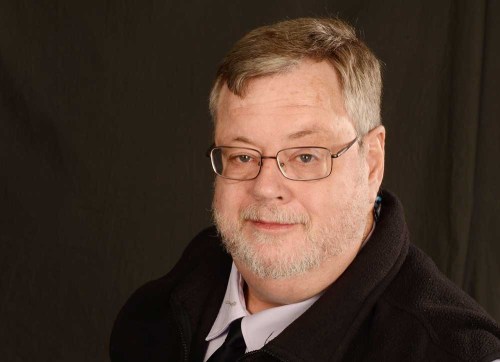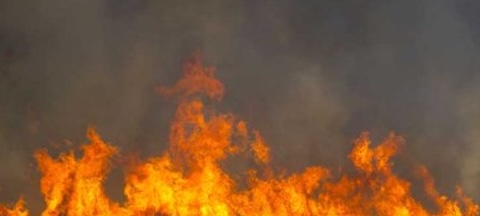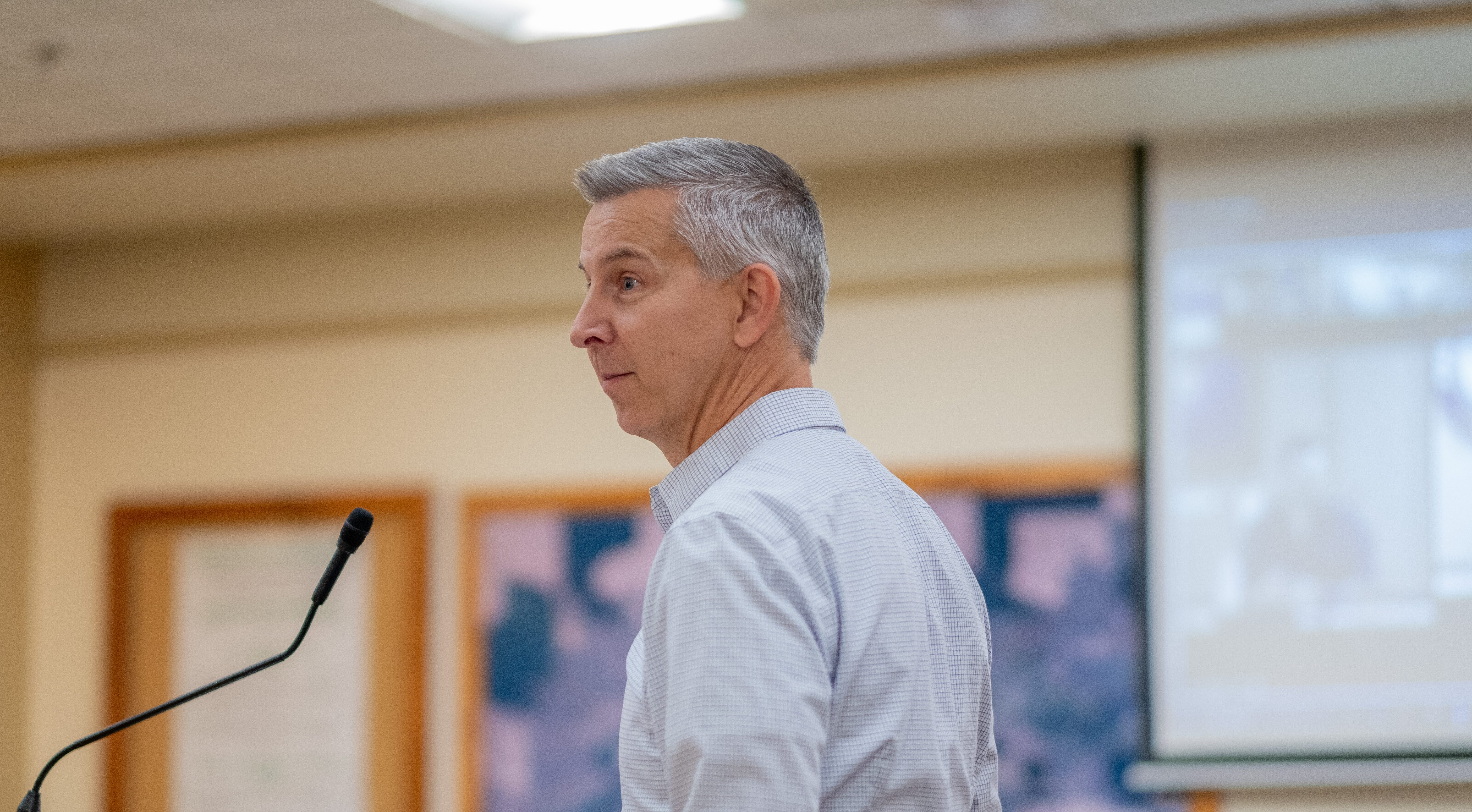Other views: Let’s find reasons to give thanks
Published 6:00 am Tuesday, December 8, 2020

- Hughes
This is the year of “for better or worse.”
And despite the human ravages of the COVID-19 pandemic, Oregon has much to be thankful for.
Trending
We found that essential workers come in all types, from the nurses, doctors and technicians directly caring for COVID-19 patients, to the housekeepers and custodians diligently sanitizing hospital rooms, to the clerks keeping grocery stores humming and the truckers keeping supplies arriving.
And many more. Never again should society take any job for granted or consider it humbler than one’s own.
We learned that schools are essential not only for education but also for life-building social interactions among students and child care for working parents.
We missed the traditional moments of graduation season, but found joy in drive-thru ceremonies and other such as-best-we-can substitutes.
We discovered that schools can hold online art exhibitions, displaying photos of chalk art created on driveways and sidewalks around town.
We unwrapped our creativity. Distilleries learned to produce hand sanitizer that chambers of commerce distributed for free. Dude-ranch experiences and fire-station tours went virtual. Older youths offered free online tutoring for younger and less tech-savvy kids.
Trending
Government agencies developed ways to remotely conduct some building inspections. Streetside dining became a reality, at least temporarily, as cities closed car lanes so restaurants could set up tables on sidewalks and in parking areas. From car dealers to farmers markets, businesses of all types upped their online presence and pivoted to curbside pickup and home delivery.
We showed Willamette Valley lawmakers what it was like to live in the rest of Oregon, where long travel distances often make it impractical to meet in person with state officials in Salem or testify at the Oregon Legislature. With the Oregon Capitol and most government offices closed to the public, everyone has had to meet by phone or videoconference.
We learned much about public health and expanded our vocabulary. We eventually realized that “social distancing” was not our communal goal, because humans need connections to thrive, but “physical distancing” could keep the coronavirus at bay while allowing opposite-sides-of-the-driveway conversations with neighbors.
We witnessed the adaptability of the Oregon National Guard. This year saw the guard being deployed overseas, fighting wildfires in Oregon, delivering personal protective equipment and answering phones for the Oregon Employment Department.
We set aside political differences as Oregonians fought those wildfires, rescued neighbors and sought to protect one another’s homes and businesses.
We shared a common sorrow at the social, economic and educational losses from the pandemic. We grieved the loss of loved ones to COVID-19, to depression and suicide, and to conditions that went unnoticed or untreated.
We lost businesses and income, or knew others who did. We found that online learning and distance education work for some students and teachers, but not for others, as the pandemic laid bare the inequities in urban and rural Oregon.
Most of all, we rediscovered community.
Bus drivers delivered meals to homebound Oregonians. Schools converted their now-vacant buildings into rest stops for truckers. Musicians banded together for online concerts, and people found ways to support these same musicians, concert workers and others out of work due to event cancellations.
Residents sewed face masks and gave them away. Cities, counties and the state launched loan programs for businesses. Residents stepped up to support their favorite restaurants via takeout and delivery, often adding extra tips in recognition of the staff’s lost workdays. Auto dealers purchased gift cards from local restaurants to thank customers for taking a test drive.
Police officers and sheriff’s deputies connected with children by reading stories to them on video. We worshipped in different ways, adapting to small-group settings — when they were allowed — and to online religious services.
Compelling research shows that expressing gratitude can boost mental and physical health. In this year of great sorrow and profound trauma, let us also find reasons to give thanks.
Do you have a point you’d like to make or an issue you feel strongly about? Submit a letter to the editor or a guest column.









